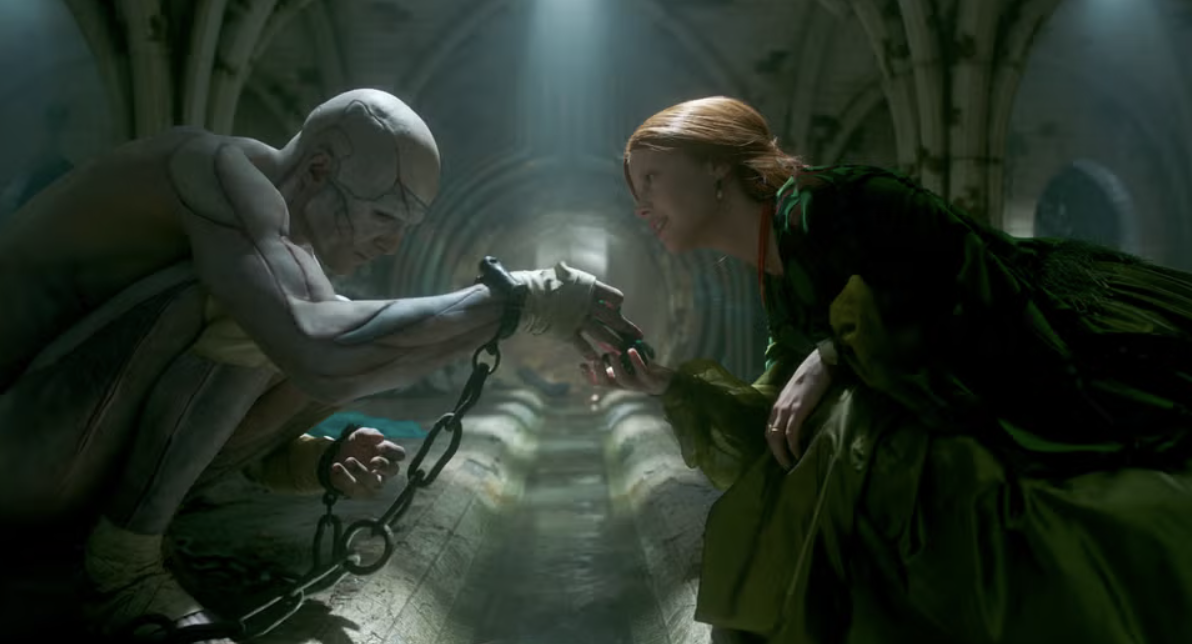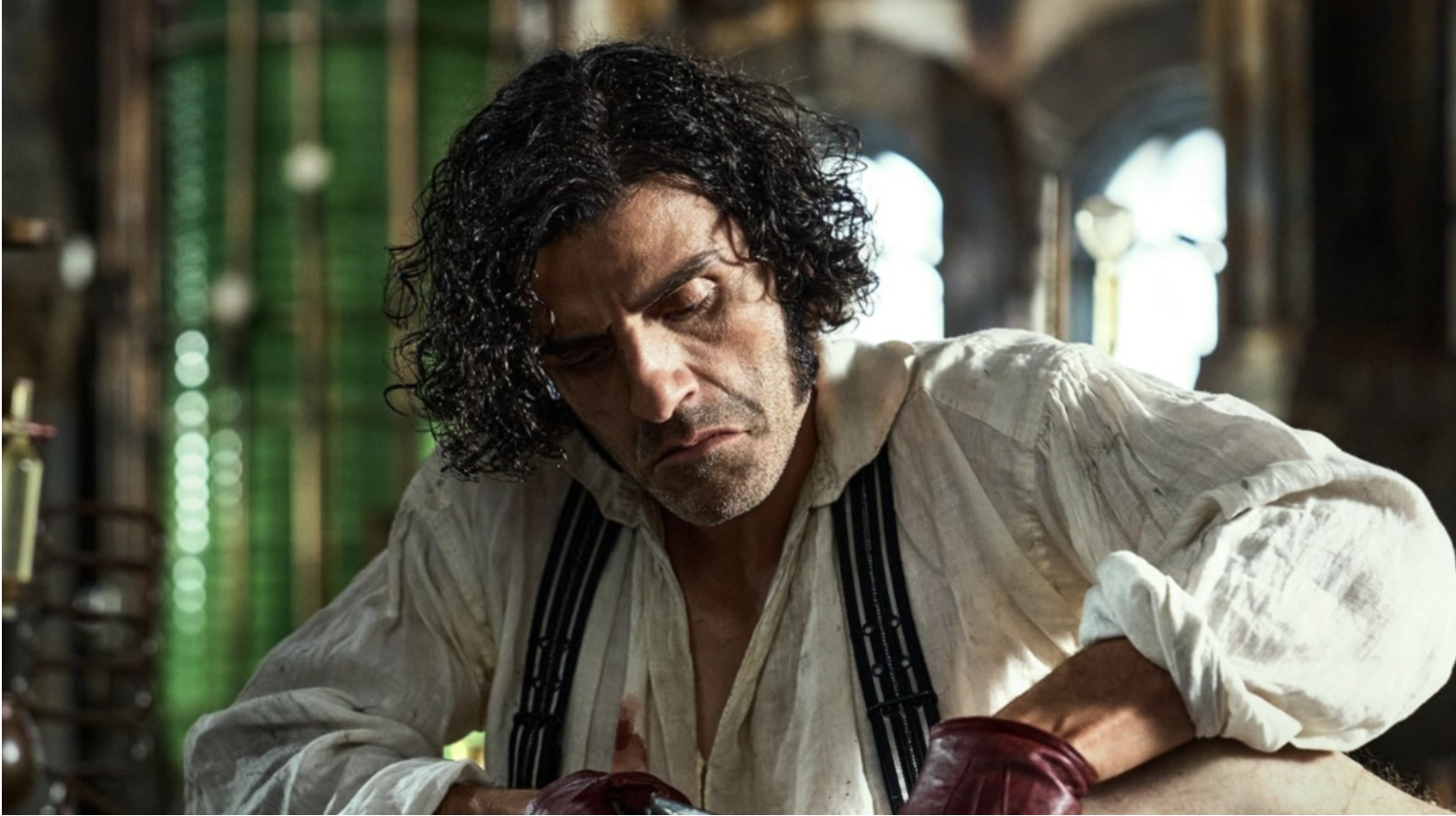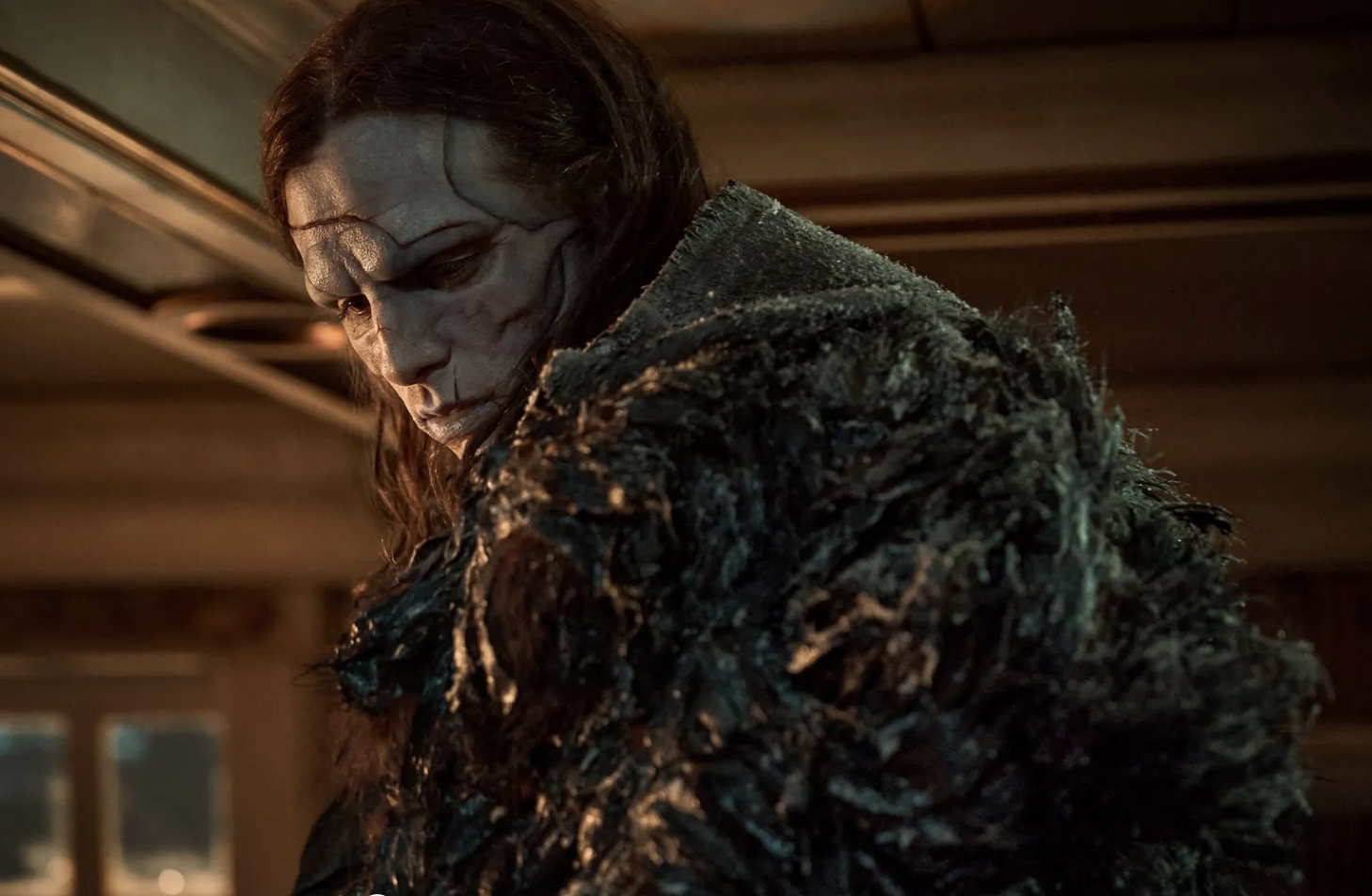Guillermo del Toro’s version of Frankenstein has finally dropped on Netflix, and while critics are calling it one of his best films yet, some people are a little less impressed, especially with the ending.

The Oscar-winning director’s long-awaited take on Mary Shelley’s classic gothic novel stars Jacob Elordi as the creature and Oscar Isaac as Victor Frankenstein. It follows Victor’s obsession with creating life, and the tragic fallout that follows. Anyone familiar with the book will notice a big difference in how it all wraps up.
In the novel, things end on a dark note. After Victor’s wife Elizabeth is killed by the creature, he follows it all the way to the Arctic, determined to destroy it. He dies there, exhausted and broken. The monster finds his body, grieves, and vows to end his own life, which is a pretty bleak finale.
In del Toro’s film, the ending is completely reworked. This time, Victor accidentally kills Elizabeth himself while trying to attack the creature. Later, when the two finally come face to face on a frozen ship, they reconcile instead of destroying each other. Victor calls the creature his “son” and asks for forgiveness, and the monster actually gives it. The film ends with the creature freeing the trapped ship and watching the sunrise, finally at peace.

Credit: Netflix
So instead of Shelley’s devastating ending, del Toro’s film closes on a surprisingly hopeful note.
In an interview with Man of Many, del Toro explained that he wanted to give the story “a circular structure”. He said: “The movie starts with the sun rising on the captain, and ends with the sun rising on the creature. If he’s going to live forever, can he still welcome being alive?”
For del Toro, the change wasn’t about rewriting Shelley, it was about rethinking what it means to be human: “Imperfection is the condition of life. You will lead an imperfect life. The movie makes peace with that, with forgiveness, and with what it is to be human, to be capable of seeing the other.”
He even called it “one of my most hopeful endings, in a strange way”.

Credit: Netflix
Not everyone agrees. Some people have called the ending “too soft” and “unfaithful” to Shelley’s gothic tone. Others questioned why the movie closes with a quote from Lord Byron, a friend of Shelley’s husband, rather than Shelley herself.
In the end, del Toro’s Frankenstein may not follow Shelley’s story to the letter, but it keeps her spirit alive by asking the same timeless question: What does it really mean to be human?
For all the latest Netflix news and drops, like The Holy Church of Netflix on Facebook.
Featured image credit: Netflix
